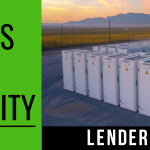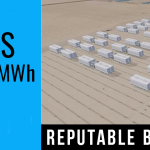
A new federal program would offer $1.5 billion in grants for clean energy microgrids under a bill introduced in the House of Representatives.
The bill aims to help fund clean energy microgrids for critical infrastructure, with a focus on low-income communities and communities of color.
The Energy Resilient Communities Act is designed to help combat power outages and rolling blackouts, reduce pollution, create green energy jobs and fight climate change, according to the bill’s Democratic sponsors Reps. Nanette Diaz Barragán from California and Yvette Clarke from New York.
“From Superstorm Sandy to summer heat waves, Brooklynites are all too familiar with the impacts of extreme weather on our communities and critical infrastructure,” Clarke said Oct. 20. “And as our nation grapples with record fires out West, and a record hurricane season down South, we know that resilience and equity must be top of mind in all our efforts to build a better and cleaner future.”
Last year, 546 microgrids were installed in the United States. About 86% of them were at least partly powered by fossil-fueled generators, according to the lawmakers.
Ranking clean energy microgrids
The bill would authorize $1.5 billion in annual grants for clean energy microgrids to support the critical infrastructure needed in the aftermath of an extreme weather event. It also offers $50 million for technical assistance.
The legislation reserves at least $150 million of annual funding for grants supporting community-owned energy systems.





